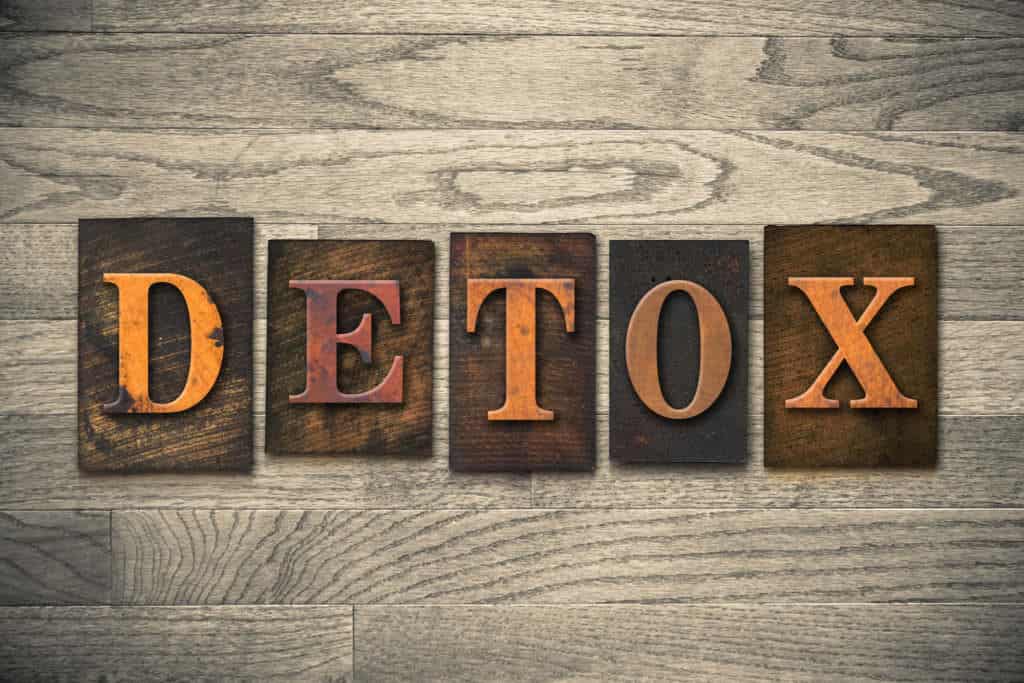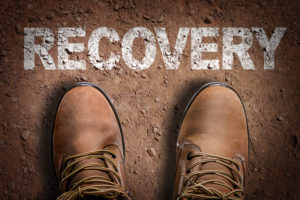10% of American adults will struggle with a substance use disorder at some point. Unfortunately, most of those people will not receive the help they need.
If you or a loved one is struggling with addiction, seeking appropriate treatment is one of the most important decisions you can make. It very well may be the decision that ultimately saves a life.
But what is detox like? What should you expect when coming off drugs or alcohol? We’re here to break it down for you.
When Does Someone Need Detox?
Addiction can be progressive when untreated. As people develop a tolerance to the substance, they need more of it to feel “comfortable.” Furthermore, they experience withdrawals once abstaining from the substance.
Many people want to quit drugs or alcohol cold-turkey. They may assume that it’s a matter of willpower. They may instill the help of loved ones to hold them accountable.
Unfortunately, these efforts (even if they have wonderful intentions), aren’t always successful. The cold-turkey approach isn’t just uncomfortable. It can also be fatal.
Withdrawal from drugs or alcohol is associated with a variety of life-threatening medical issues including:
- severe muscle and bone pain
- delirium tremens
- psychosis
- suicidal thoughts and behavior
- dehydration
- malnourishment
- seizures
- hyperventilation
These symptoms depend on the individual’s substance use history, types of substances used, and frequency of use.
Furthermore, if someone has an additional medical or physical illness, the withdrawal process can exacerbate those symptoms.
In general, medical detox is one of the safest choices for someone who wants to stop using. 24/7 monitoring and evaluation provides the appropriate stabilization people need to get their lives back on track.
What Is Detox Like?
The detox process is different for each individual. As mentioned, symptoms vary depending on the substances in the body and the person’s overall health.
Alcohol Detox
Alcohol withdrawal can be fatal, and that’s why receiving medical supervision is so essential. The first symptoms of shakes can begin within 8 hours after the last drink. Within 24-72 hours, symptoms of confusion, fever, or vomiting, may emerge.
Delirium tremens are the most significant risk for alcohol detox. Up to 5% of the population is at-risk for this medical complication, although researchers have not pinpointed exactly what causes them.
Doctors may prescribe withdrawal medications, such as benzodiazepines, antipsychotics, or muscle relaxants, which can help with acute symptoms.
Opioid Detox
Opioid withdrawal, while not inherently fatal, can be a very traumatic and distressing experience. Unfortunately, many people relapse on opioids to avoid the withdrawal symptoms altogether.
Within 6-24 hours after last taking opioids, cravings tend to intensify, and the first withdrawal symptoms emerge. Within 36-48 hours, the individual will start experiencing heavy symptoms (cramping, fever-like feelings, and nausea).
Symptoms tend to subside within 3-5 days. During this process, doctors may prescribe medication like Suboxone, Valium, or Clonidine, to alleviate some of the distress.
Benzodiazepine Detox
Detoxing from benzodiazepines (Xanax, Klonopin, Valium) can also be fatal. The symptoms may start around six hours after last taking the drug. The doctor may place individuals on a taper to ensure that safe amounts are removed at an appropriate pace.
Between 24-72 hours, the individual fights hard to remove the benzodiazepines from the system. This is usually the ‘hard part’ during the withdrawal process.
Within 4-7 days, symptoms tend to lessen. After about a week, psychological symptoms may peak, but the majority of the physical symptoms lessen.
Stimulant Detox
Stimulant detox symptoms tend to be more psychological than physical. Individuals are likely to experience increased anxiety and depression. They are also expected to be fatigued and possibly malnourished.
Because many people binge on stimulants like cocaine or methamphetamine, they tend to experience the ‘crash’ during detox. This crash can happen quickly- within about 1-2 days.
The FDA has not approved any medications specifically for stimulant detox. That said, a doctor will provide a thorough evaluation to determine any medical needs.
What Happens During and After Detox?
Detox is just the first step in recovery. It is not actually treatment. Instead, it is a phase of stabilization.
In detox, you may attend some groups and individual sessions. You will meet with an on-site doctor or medical professionals on a routine basis. You will also build relationships with other clients in the facility.
The length of detox varies on the withdrawal process. However, most programs range between a few days to a week and a half. Co-occurring medical illnesses may warrant longer detoxes.
After Detox
Most people benefit from enrolling in a treatment program after completing detox. In these programs, individuals learn the life and relapse prevention skills needed to succeed. They also learn how to manage other issues related to self-esteem, trauma, and family dynamics.
Remember that addiction recovery is a lifelong process. Unfortunately, most people who fail to engage in aftercare after detox do not succeed in their sobriety. That’s because they don’t have the tools needed to manage life stress.
Your detox treatment team (case manager, therapist, admissions counselor) will coordinate the best referral options upon your completion. They may also be in touch with your loved ones to determine the best needs for your situation.
Final Thoughts
So, what is detox like? It’s like having a safe and supportive environment designed to help you start the healing process from the throes of your addiction. And it may just be the decision that supercharges your recovery.
At Northbound, we pride ourselves on helping thousands of people overcome their struggles. We offer a full continuum of care for our clients, and we are ready to help you!
Contact us to speak with an admissions member now.










